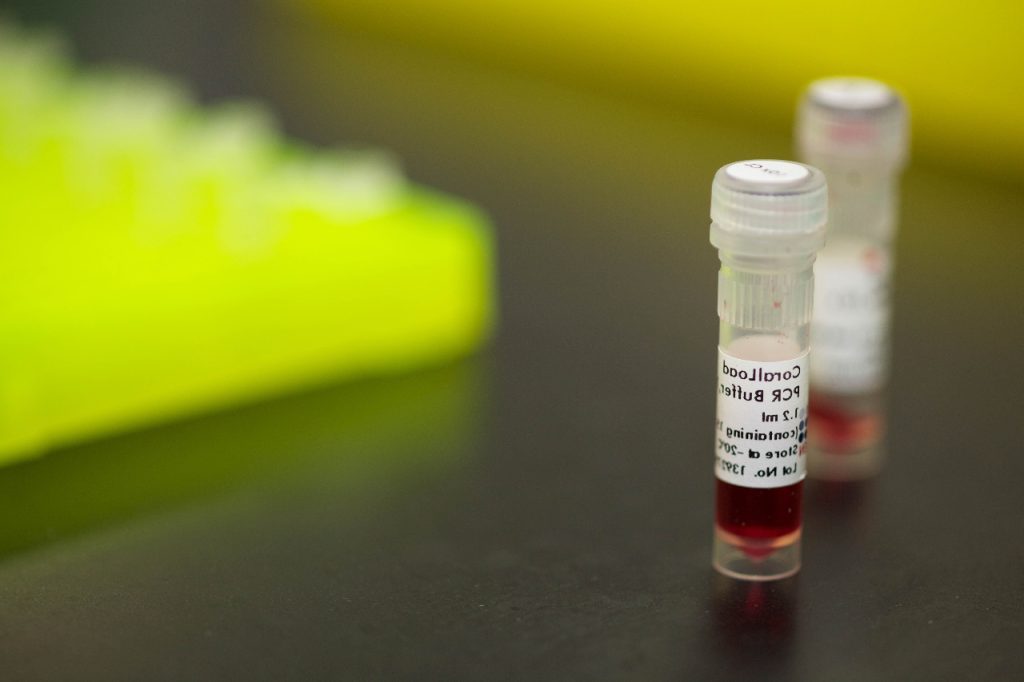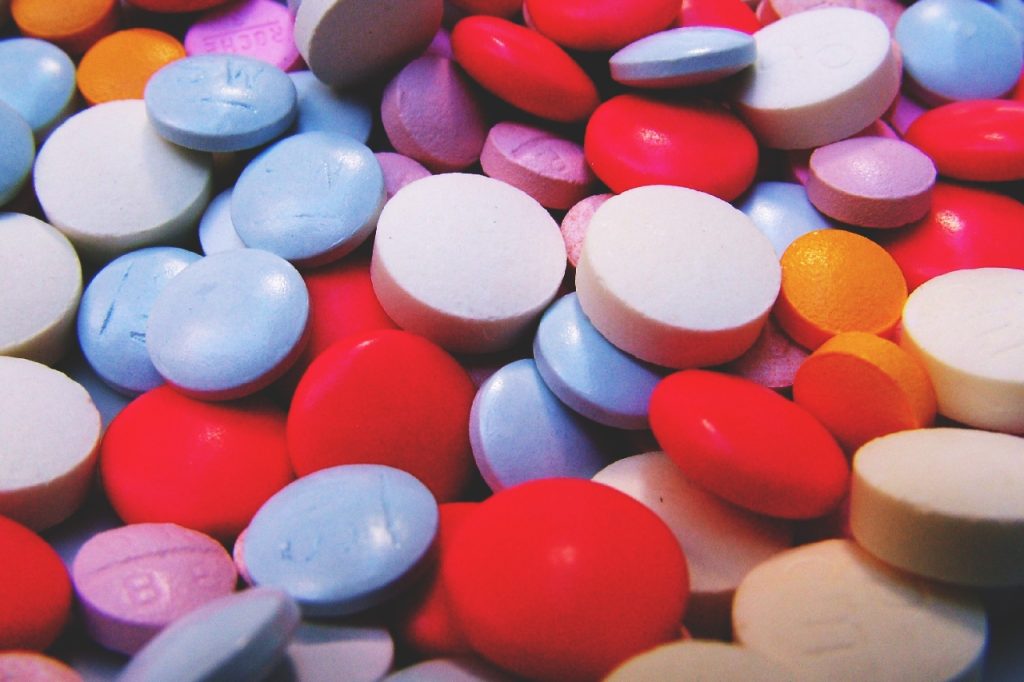DMT, also known as N, N-Dimethyltryptamine, is a powerful psychedelic substance that can induce intense and profound altered states of consciousness. When ingested or smoked, it can produce a range of visual and auditory hallucinations and feelings of euphoria, unity, and transcendence. Many people report having deeply spiritual experiences while using DMT, leading some to describe it as a “spirit molecule.”
However, DMT can also be unpredictable and potentially dangerous, significantly when misused or in combination with other drugs. It is essential to do thorough research and exercise caution before trying it Click Here to Buy Psychedelics in Canada.
This guide suggests the content will provide information about the psychedelic substance DMT, including its effects and potential risks. The title also implies that the article is a comprehensive guide, which could be helpful for readers who are considering trying DMT or are interested in learning more about it.
Overall, it aims to attract readers looking for information and guidance on the topic of DMT.
Introduction
DMT is a potent psychedelic substance that can induce intense and profound experiences. Here are three ways of trying DMT:
Vaporization
Vaporizing DMT is one of the most popular methods of ingestion. This involves heating it to its vaporization point and inhaling the vapour through a pipe or a vaporizer. Vaporization allows for rapid onset and intense effects, making it a popular choice for experienced users.
Ayahuasca ceremony
Ayahuasca is a traditional Amazonian brew that contains DMT as its primary active ingredient. A shaman or experienced guide typically leads the ceremony, which involves drinking the ayahuasca brew and participating in a ritual that lasts several hours. Ayahuasca ceremonies can be intense and transformative experiences involving purging, hallucinations, and a deep connection to the natural world.
Intravenous injection: Intravenous (IV) injection of DMT is another way of ingesting the substance. This method involves injecting it directly into the bloodstream, which can produce an intense and rapid onset of effects. However, this method is highly discouraged due to the high risk of overdose and other complications.
It’s important to note that DMT is a powerful psychedelic substance and should be approached with caution and respect. It’s recommended that users have a trusted guide or sitter present during their experience and take appropriate measures to ensure their safety and well-being.
Conclusion
While some people report positive experiences with DMT, it is essential to consider the potential risks and dangers associated with using this substance. It can cause various physical and psychological effects, including rapid heart rate, nausea, vomiting, anxiety, and paranoia. It can also trigger underlying mental health conditions like schizophrenia or bipolar disorder.
Moreover, DMT is illegal in many countries, and possession or use of this substance can lead to legal consequences.
It is also important to note that other forms of therapy may produce similar benefits without the risks associated with their use.
The decision to try it is complex and should not be taken lightly. Considering the potential risks and benefits carefully, speaking with a qualified professional, and weighing all options before deciding is essential.


